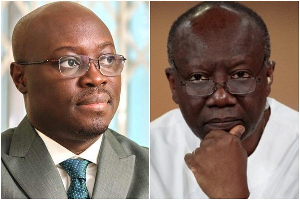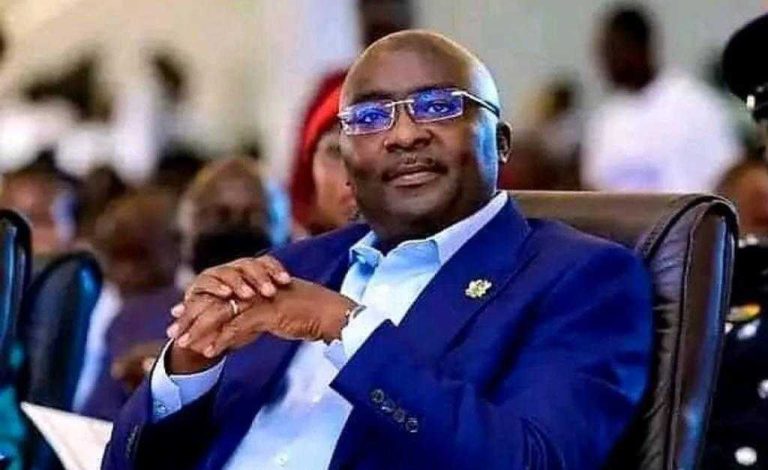
Ghana’s Minister of Finance, Dr. Cassiel Ato Forson, has revealed that the country is facing a significant debt burden due to the Domestic Debt Exchange Programme (DDEP) implemented by the previous Akufo-Addo government. According to Dr. Ato Forson, Ghana will have to pay over GH¢150 billion in domestic debt from 2027 to 2028, representing 11.6% of GDP.

This massive debt obligation is a result of the DDEP, which was designed to restructure Ghana’s domestic debt and create fiscal space for the government to manage its financial obligations effectively². However, the programme has resulted in huge domestic debt service payments, with 73.3% of the debt due in 2027 and 2028.
Dr. Forson described the debt service obligations of 2027 and 2028 as “major humps” that pose a significant risk to the economy. He also disclosed that the government has to pay over $8.7 billion in external debt due to the Akufo-Addo administration’s restructuring of the country’s external debts¹.
The Minister acknowledged that the action of the Akufo-Addo government has made 2027 and 2028 very debt-heavy years for the country. However, he promised Ghanaians that despite the huge task ahead, the Mahama government would rise to the occasion and transform Ghana’s economy.
To address the debt crisis, Ghana has been working on debt restructuring with its external creditors. Recently, the country sealed a pact with the Official Creditors Committee, which includes 25 participating countries, to restructure its external debt ³.
The debt restructuring exercise has been a complex process, involving negotiations with multiple stakeholders, including bondholders, bilateral lenders, and multilateral institutions. However, the government remains committed to implementing prudent financial policies to manage the nation’s debt responsibly while fostering economic growth².
In the short term, Ghana will have to adopt stringent fiscal policies to maintain stability, including curbing government expenditure, increasing revenue mobilisation, and seeking alternative sources of funding. The government will also continue to engage with relevant stakeholders to ensure a sustainable and well-managed debt repayment framework ¹.
Ultimately, Ghana’s debt crisis serves as a reminder of the importance of sustainable debt management. The government must take proactive measures to prevent another excessive build-up of debt, particularly external debt, and prioritize fiscal discipline and innovative financing strategies

Other stories
-
The Importance The Importance of Testing: Ensuring Quality and Reliability in Software Development Testing: Ensuring Quality and Reliability in Software Development
-
“Wontumi Must Go, Says Former Subin NPP Parliamentary Candidate.
-
Ghana Tightens Passport Security: Recall of Diplomatic and Service Passports Announced
-
Nii Kwei Releases Uplifting “The Praise Medley,” a Celebration of God’s Goodness
-
Atherosclerosis: A Comprehensive Review





